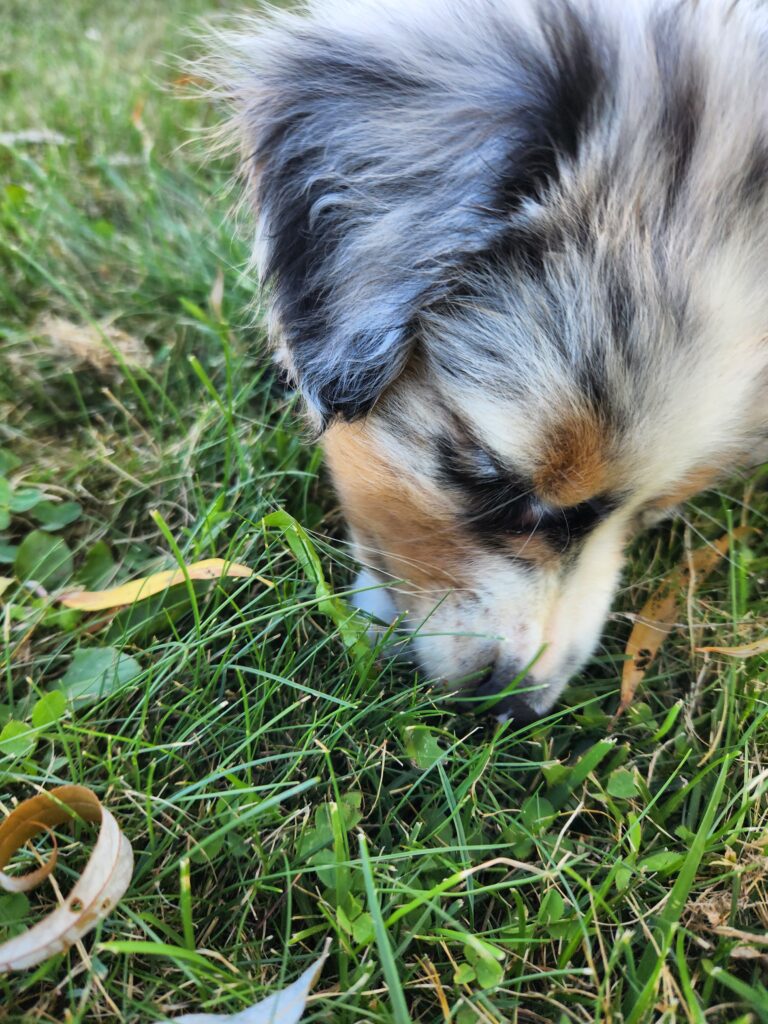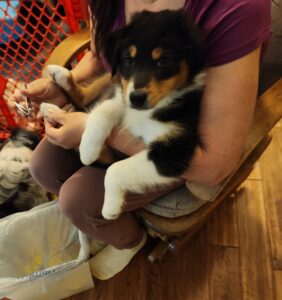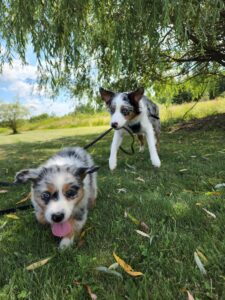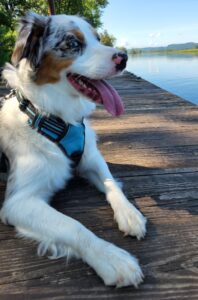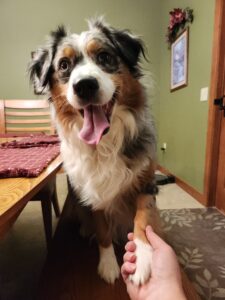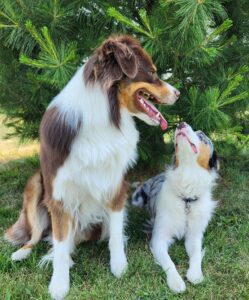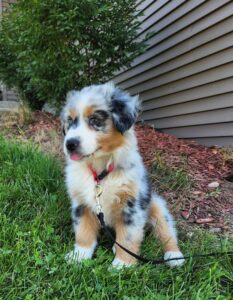Understanding the MDR1 gene mutation, also known as Multi-Drug Resistance 1, affects primarily herding-breed dogs such as Collies, Australian Shepherds, and Shetland Sheepdogs, making them more susceptible to adverse reactions from certain medications. This mutation alters the structure of a protective molecule called p-glycoprotein, which plays a crucial role in eliminating medications and toxins from the body. P-glycoprotein acts as a gatekeeper, preventing harmful substances from entering sensitive areas like the brain. However, dogs with the MDR1 gene mutation have a malfunctioning p-glycoprotein, which compromises their ability to effectively block these substances.
Inheritance
The MDR1 gene mutation is hereditary, meaning dogs inherit it from their parents. Dogs inherit two copies of the MDR1 gene, one from each parent. If both copies are mutated, the dog is likely to experience drug sensitivity and toxicity. However, even inheriting just one abnormal MDR1 gene can lead to drug sensitivity, although less severe. This means that dogs with a single mutated copy of the gene may still be susceptible to adverse reactions from certain medications. Personally, I treat all of my Australian Shepherds as though they have the MDR1 mutation, regardless of whether they have no copies, one copy, or two copies. It’s uncertain how much of a reaction a dog might experience, with or without the mutation, so I prefer to err on the side of caution.
Effects of Medications
Dogs with the MDR1 gene mutation have a malfunctioning p-glycoprotein, which cannot effectively block medications and toxins from entering sensitive areas like the brain. This can lead to neurological issues such as seizures, tremors, and lack of coordination. Additionally, some medications, particularly those that are p-glycoprotein substrates, cannot be cleared from the body as effectively in dogs with the mutation, leading to prolonged side effects such as drooling, nausea, or sedation.
Medications to Avoid
Certain medications pose a higher risk for dogs with the MDR1 gene mutation. These include ivermectin, a common anti-parasite drug found in many heartworm products. As well as loperamide (Imodium), sedatives like butorphanol and acepromazine, chemotherapy agents vincristine and doxorubicin, and heart drug digoxin. It’s important for dog owners to be aware of these medications and avoid them whenever possible to prevent adverse reactions in dogs with the MDR1 gene mutation.
Precautions and Recommendations
To minimize risks, dog owners should choose medications and treatments that are safe for dogs with the MDR1 gene mutation. Heartworm products without ivermectin such as Interceptor and flea and tick preventatives like Vectra 3D are preferred options. Additionally, caution is needed when livestock are treated with dewormers containing ivermectin, as accidental ingestion can occur through fecal matter. Dog owners should work closely with their veterinarians to select safe medications and ensure the best care for dogs with this genetic predisposition. Regular communication with a veterinarian is vital for monitoring the dog’s health and adjusting treatment plans as needed.

